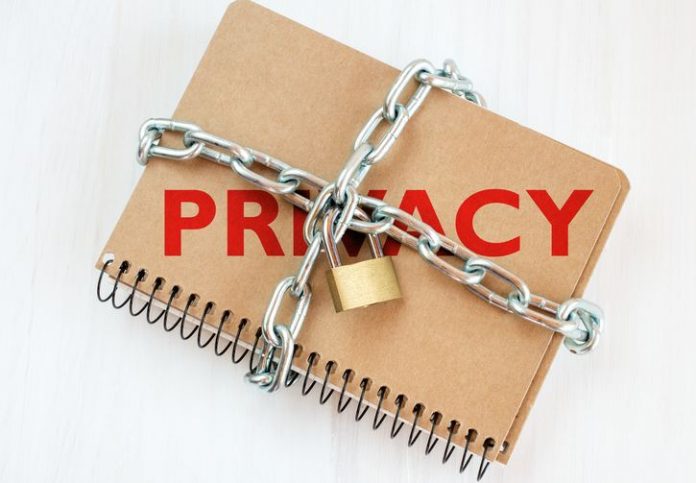Identity theft is a serious crime that is growing each year. If you’re a victim of identity theft you may spend months, even years, trying to repair ruined credit history.
A seriously damaged credit report can compromise your chances of getting a new job, a bank loan, insurance, or even rental housing. It’s even possible to be arrested for a crime you didn’t commit if someone else has used your identity to break the law.
Unfortunately, many of the methods that thieves use to steal identities are beyond your control to guard against.
Although it’s rare, even store clerks have been known to use their position to pass along information to identity thieves. There are some measures you can take, however, that will make it harder for a thief to steal your identity.
Protect Your Credit Card Number When Making Purchases
After you make a purchase and your credit or debit card have been swiped through a credit card terminal, check to make sure that the printed receipt hides all but the last 4 digits of your credit card account number (usually there will be Xs in place of the first 12 digits).
Some terminals still print receipts that show all 16 digits of an account number, and may even include the expiration date as well.
After your card is swiped, you’re permitted by law to hide the first 12 digits of your account number on the copy of the receipt that the vendor keeps. Use any marking pen that will do the job.
When you go to a restaurant, it’s especially important to make sure that the first 12 digits of your credit card number are hidden on your receipt.
You might be in the habit of signing it and then leaving the restaurant’s copy on the table after your meal. An identity thief can easily steal the signed receipt before the waitperson comes back around to pick it up from the table. Don’t take any chances.
Do You Really Need To Give Your Social Security Number?
Another important way that you can guard against identity theft is to avoid giving out your social security number unless it’s absolutely required.
Although you need to share your social security number when you apply for credit or for a bank account, sometimes a store or an organization will want to use it as an ID number, simply to identify you within their system.
This is a common practice even though the law says that social security numbers aren’t to be used as ID numbers. In these situations, use your judgment. There’s usually an alternative if you ask.
Destroy Documents That Contain Sensitive Personal Information
Buy a paper shredder and use it to destroy documents you’re throwing away which contain personal information such as credit card numbers, social security numbers, phone numbers, and dates of birth.
This is important to do both at home and at work. Identity thieves aren’t above going through someone’s trash to find valuable personal information that can help them obtain credit in your name.
If The Worst Happens
If you do become a victim of identity theft, take the following steps immediately:
- Contact your credit card companies, close your accounts, and ask to have new cards issued to you.
- Place a fraud alert on your file with any one of the three major credit bureaus. The other two will be notified automatically.
- File a police report. You may need it to show to creditors as proof of the crime.
- File a complaint with the FTC, which maintains a database of identity theft cases used by law enforcement agencies for their investigations.

